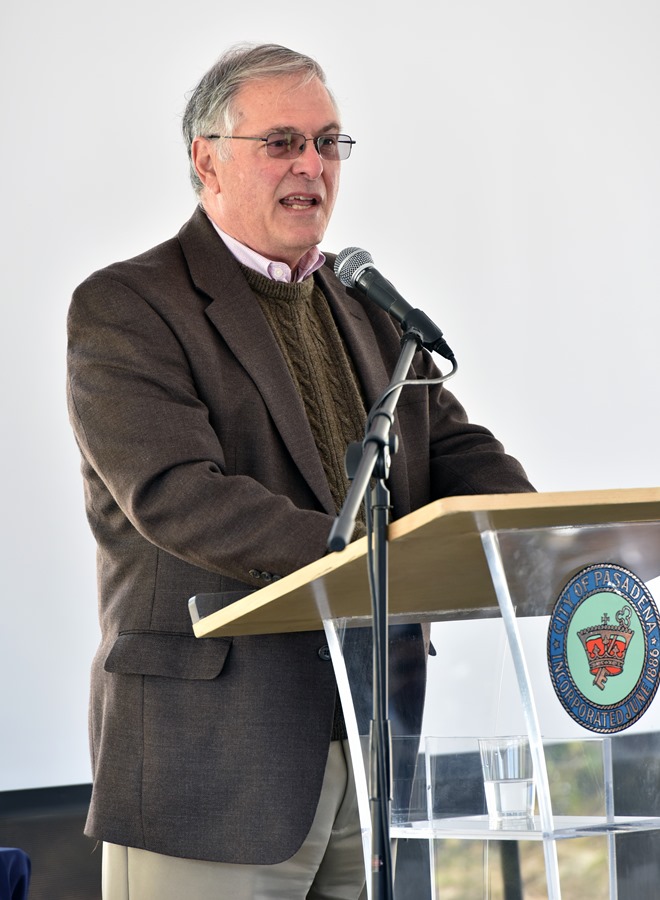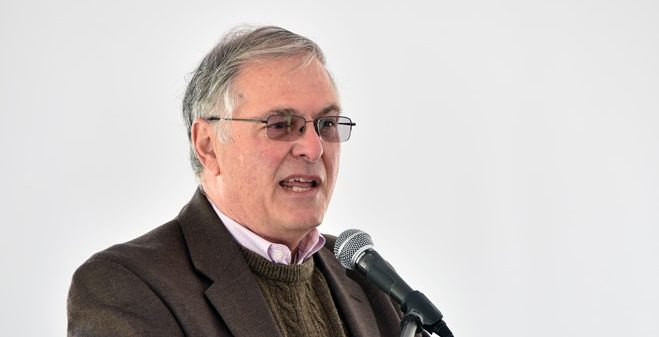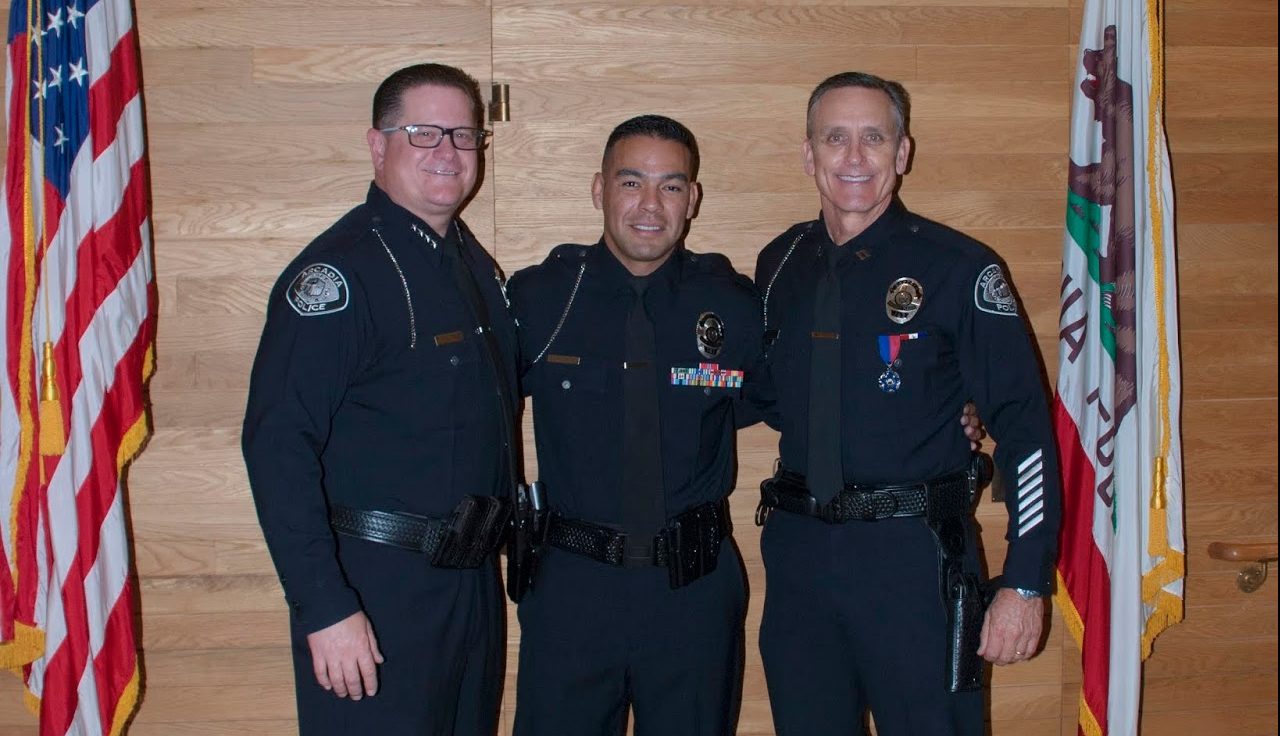
A voter’s guide to Pasadena’s Measure I
By Gus Herrera
With the Nov. 6 general election less than four weeks away, an election with a lengthy ballot including gubernatorial, senatorial, and congressional candidates, it can be easy to lose sight of measures that will certainly impact wallets right here in the City of Pasadena.
Measure I, which will ask Pasadena voters whether or not they support a three-quarter-cent sales tax increase (i.e. 75 cents for every $100 spent), may seem like a fairly straightforward item on the ballot, but it carries the potential to impact both the city’s financial outlook for the upcoming years and the viability of local retail businesses in the face of an ever-growing online marketplace.
The State of California maintains a minimum sales tax rate of 7.25 percent, but counties, municipalities, and districts are allowed to increase the rate up to a total of 10.25 percent.
In recent years, voters have approved five separate county sales tax measures (Prop. A, Prop. C, Measure R, Measure M, Measure H), leaving Pasadena only three quarters of a cent short of the maximum cap – a gap that would be filled if Measure I were to be approved.
But, it is also very important to note that various other entities have the final three-quarter-cent gap in their sights and the opening is not expected to remain past 2020.
At the City Council’s July 16 meeting, when the sales tax measure was officially placed on the ballot without opposition, City Manager Steve Mermell revealed that the County of Los Angeles and the South Coast Air Quality Management District are each cooking up their own sales tax measures that would effectively max out Pasadena’s tax rate.
Mermell also revealed that the city is only receiving approximately 17 percent of its county sales tax contributions, so there is a sense of urgency if the city would like to secure a new source of locally-controlled tax revenue before another outside entity steps in.
Aside from Measure I, there are a total of 10 other local sales tax measures on the LA County ballot, which include neighboring cities such as Burbank and Glendale.
Local sales tax increases can be approved through simple majority (50 percent plus one) if the funds will be appropriated to the general fund for unspecified use, as is the case with Pasadena’s Measure I.
The general fund is the city’s primary means of supporting operations for several departments including police, fire, public works, housing, planning/community development, transportation, and more. Appropriations from the general fund are made annually during the City Council’s budget process – a lengthy process which includes independent auditing.
The city is projecting $21 million in annual revenue from Measure I, revenue they hope will serve as a means to repair deteriorating infrastructure and maintain essential emergency city services – services which are projected to be reduced in the coming years, if no additional revenue is secured. A sales tax will also allow shoppers who do not reside in Pasadena to share the cost of maintaining these services.
Aside from support from various council members, Mayor Terry Tornek has also created a committee, outside his official capacity as mayor, in support of Measure I.
The main opposition towards Measure I has grown out of the city’s local businesses – both the Pasadena Chamber of Commerce (Chamber) and the Los Angeles Business Federation (BizFed) have come out against the tax measure.
According to a Pasadena Chamber poll, 77 percent of members oppose the tax increase. At their August meeting, the Chamber’s board of directors also voted to oppose the increase after hearing presentations from Mayor Tornek, City Manager Mermell, PUSD Superintendent Brian McDonald, and PUSD Interim Chief Business Officer Eva Lueck.
Although the board did agree that the argument about passing a locally-controlled tax before the county or any other entity steps in “carried some weight,” they ultimately felt that the “city has not made meaningful efforts to economize or develop a long-term strategic organization plan going forward.”
Additional sales tax may also give potential customers yet another reason to lean towards online shopping – a daunting challenge for retail businesses all across the country.
BizFed, which voted to oppose the tax increase at its September meeting, similarly argued that “council members need to prove to voters that they are making every effort to cut costs and incorporate greater efficiencies into city operations before reaching into residents’ wallets.”
Pasadena voters should check in with their local council members, as the city is holding various informational sessions ahead of the Nov. 6 elections.







